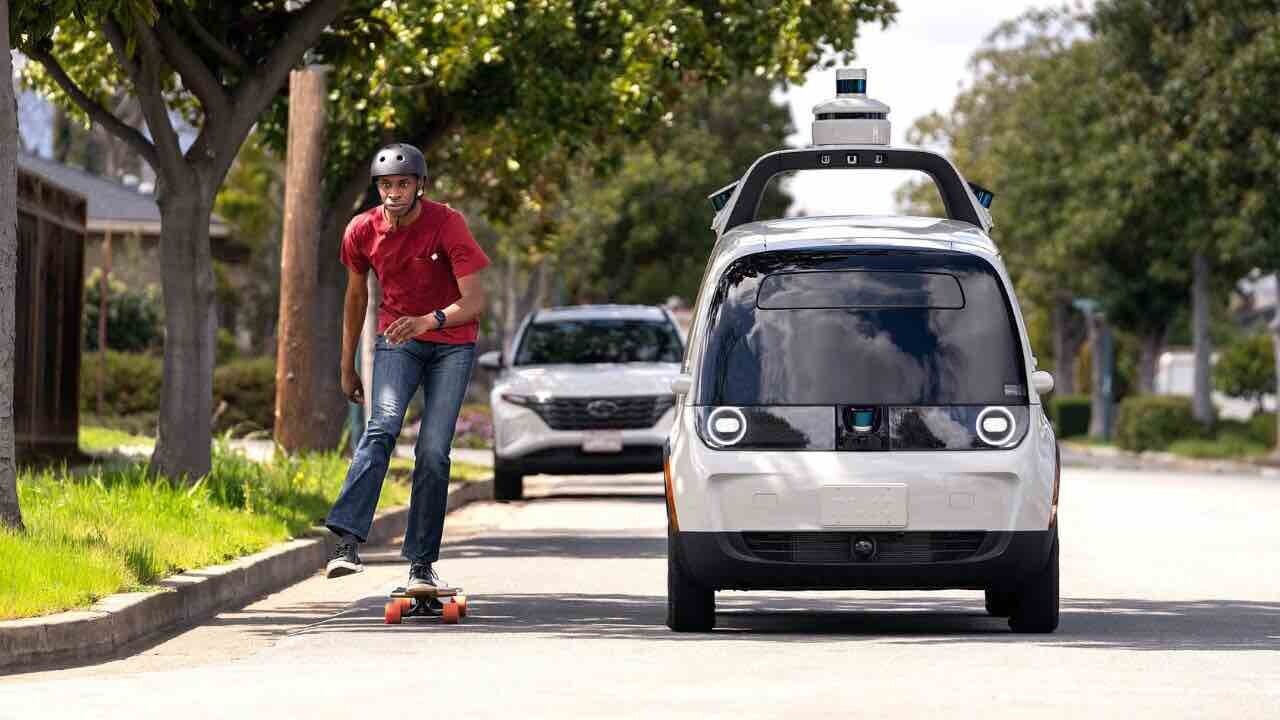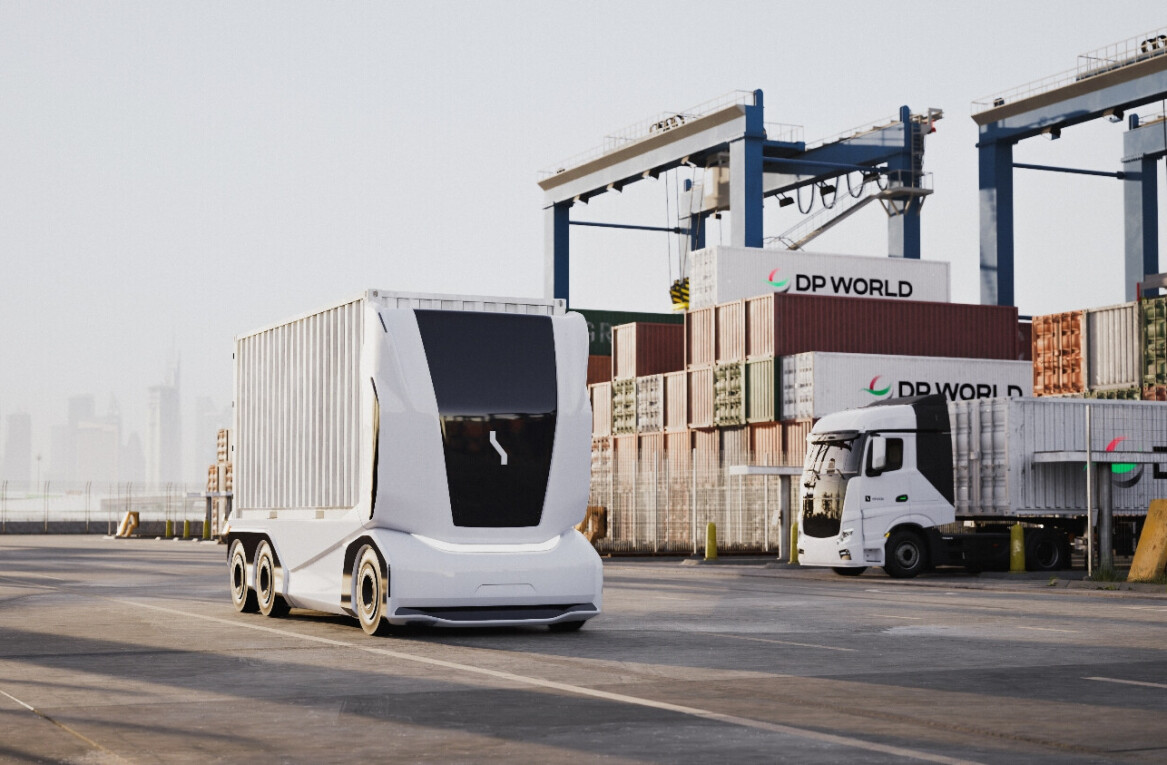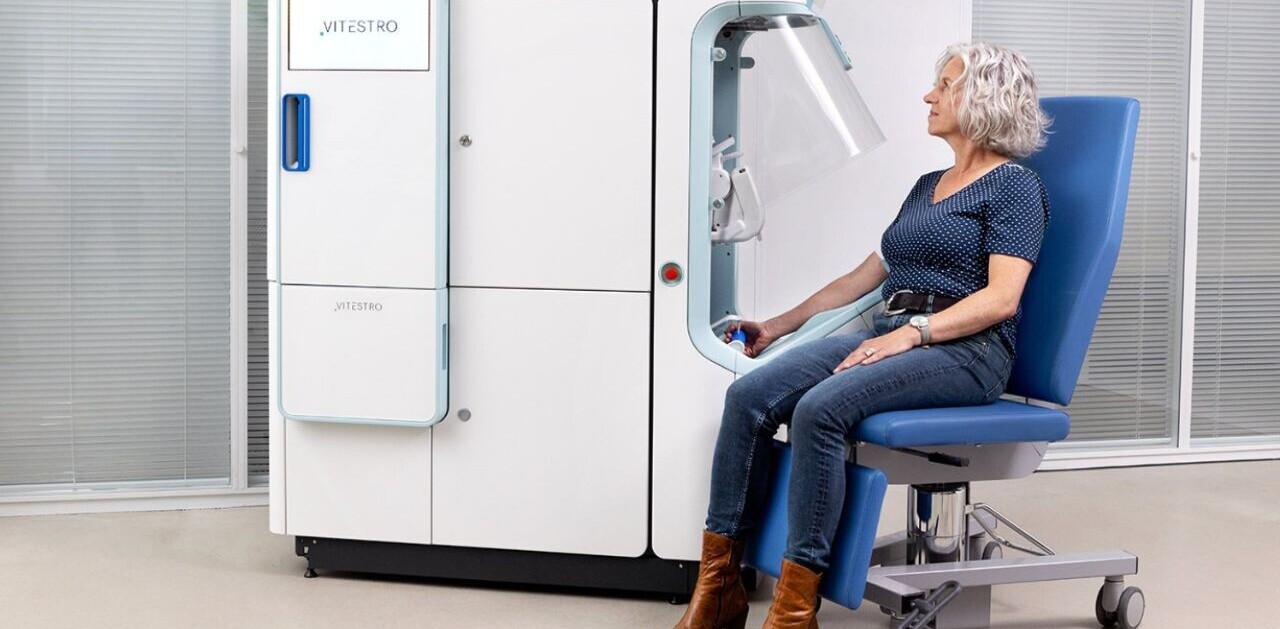
After watching its share price almost double in a week, Arm has further tapped into the demand for AI compute. The chip designer today announced a deal with Nuro, a US startup in the autonomous vehicle (AV) sector — a growing market for Arm.
The partnership aims to accelerate the commercialisation of self-driving cars. Arm will bring its famed semiconductor IP to Nuro’s vehicles, starting with the startup’s delivery robots.
With zero occupants inside, these AVs can fully focus on external road dangers, which makes a useful stepping stone to broader autonomy. As small, fully electric machines, they also need maximum efficiency — a central selling point of Arm’s designs.
Another attraction to Nuro is the breadth of Arm architectures.
The British firm is best known for powering most of the world’s smartphones, but its tech is also found in endless other applications, from smart cities to laptops. Arm estimates that 70% of the world’s population uses products that depend on its IPs.
That depth of experience is valuable to the complex systems required by AVs. Albert Meixner, Nuro’s head of software, expects it to accelerate the commercial production of self-driving vehicles.
“This partnership gives us a chance to move away from prototype hardware to something that can meet a performance, safety, power, reliability, and cost point that’s required to put this out at scale,” Meixner told TNW.
For Arm, the pact deepens a concerted push into the automotive segment.
Arm’s blossoming romance with AVs

As the automotive sector transitions towards electrification and automation, the compute needs of cars are rapidly increasing. Comparisons to “data centres on wheels” are now commonplace.
For Arm, this makes the automotive segment extremely attractive. Since 2020, the company has more than doubled its revenues from the sector, the Financial Times reported last year. That made it Arm’s fastest-growing unit.
Robert Day, Arm’s director of autonomous vehicles, said the industry has reached an inflection point.
“Software is becoming the driver — excuse the pun — for the next generation of vehicles,” Day told TNW. “The software-defined vehicle is becoming a reality.”
At Nuro, that means applying Arm’s IP to the startup’s autonomy stack, as well as the foundations of its next generation of the Nuro Driver, the core component of the company’s AVs. The startup is targeting level 4 autonomy, which doesn’t need a human driver under certain road conditions.
By working with Nuro, Arm will also get insight into the broader needs of AVs.
“We see this as a really interesting growth area for Arm,” Day said. “There’s a whole new set of high-performance, heterogeneous compute that needs to be built for the automotive world to enable the software-defined vehicle.”
Get the TNW newsletter
Get the most important tech news in your inbox each week.





